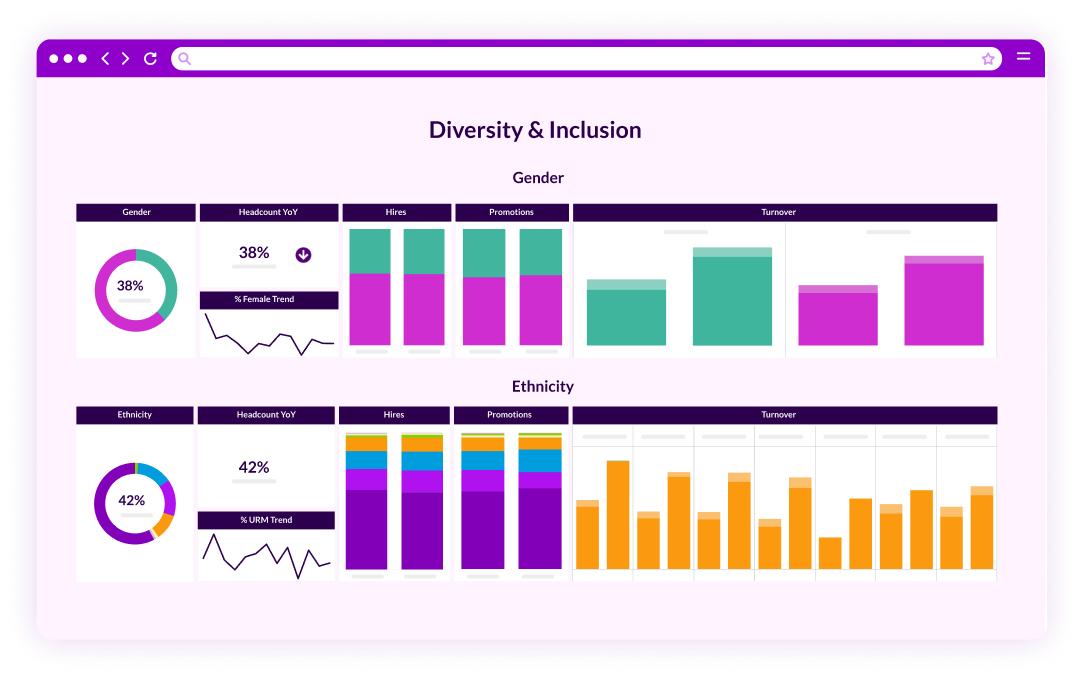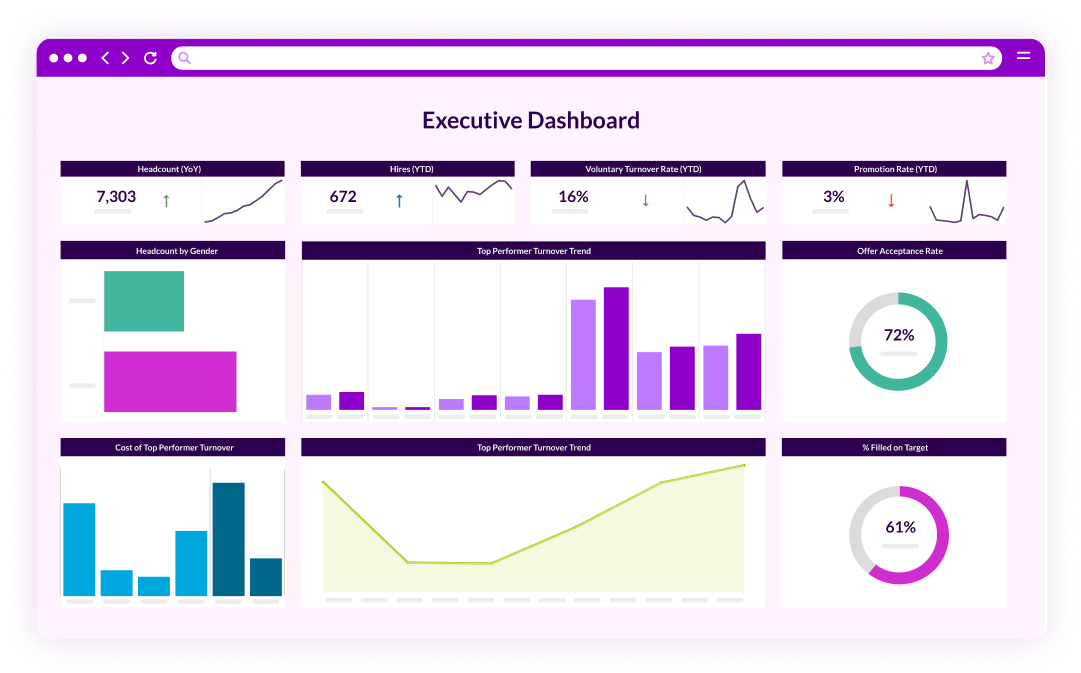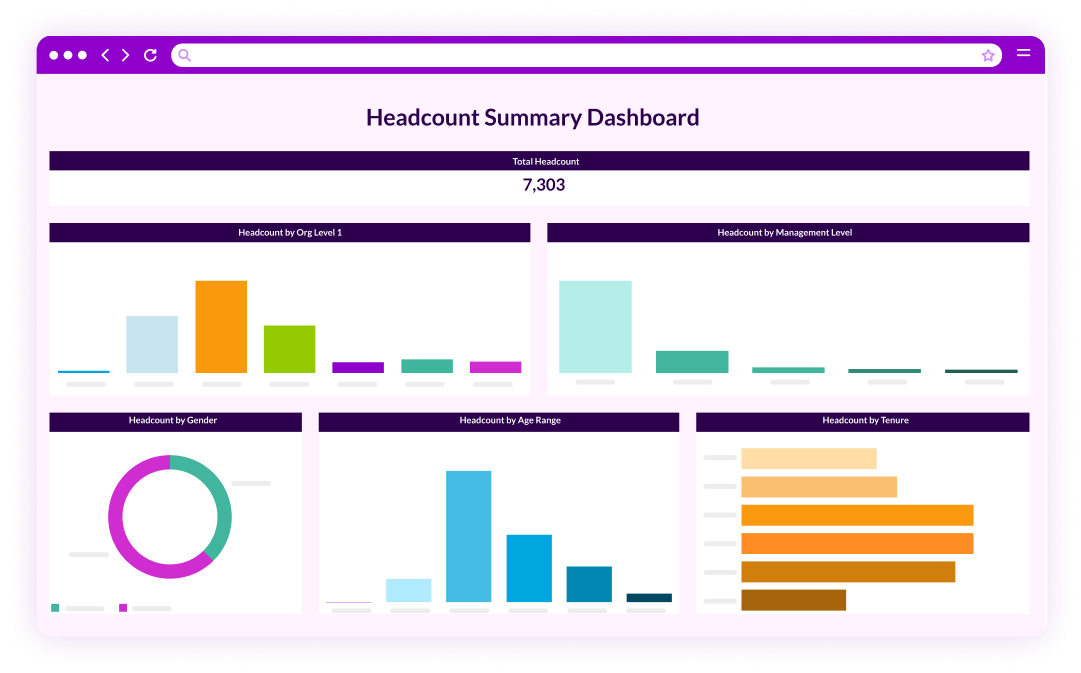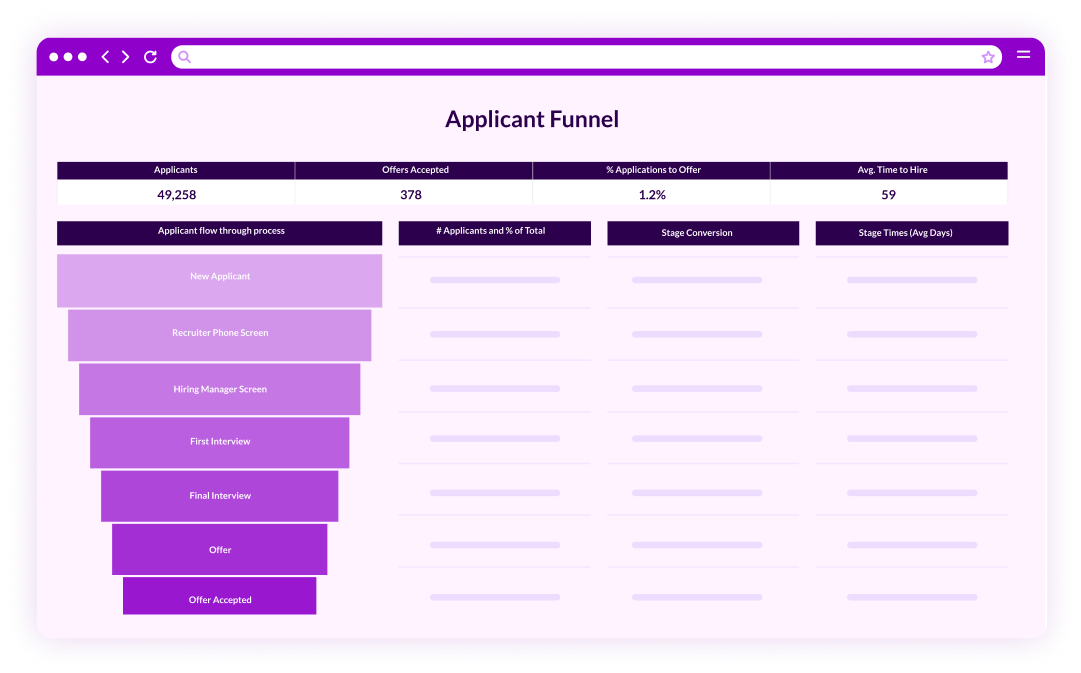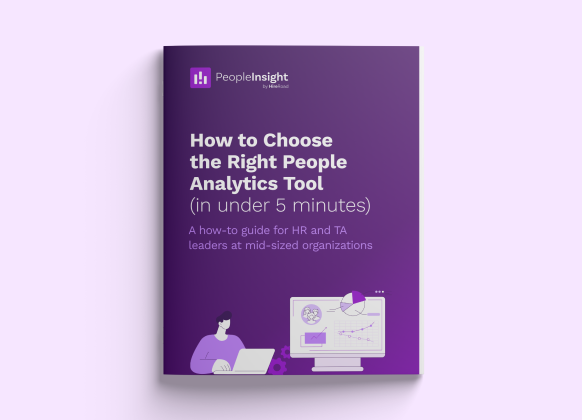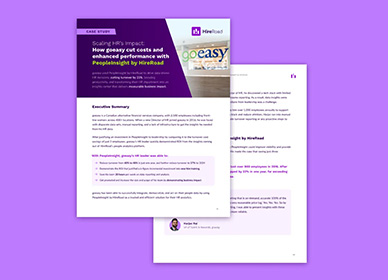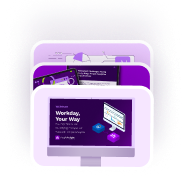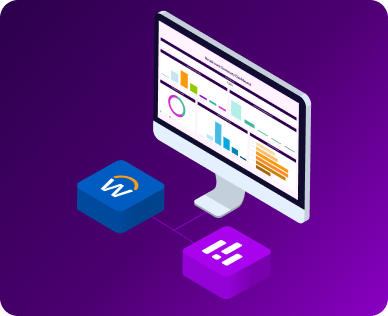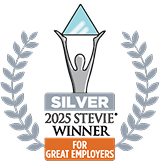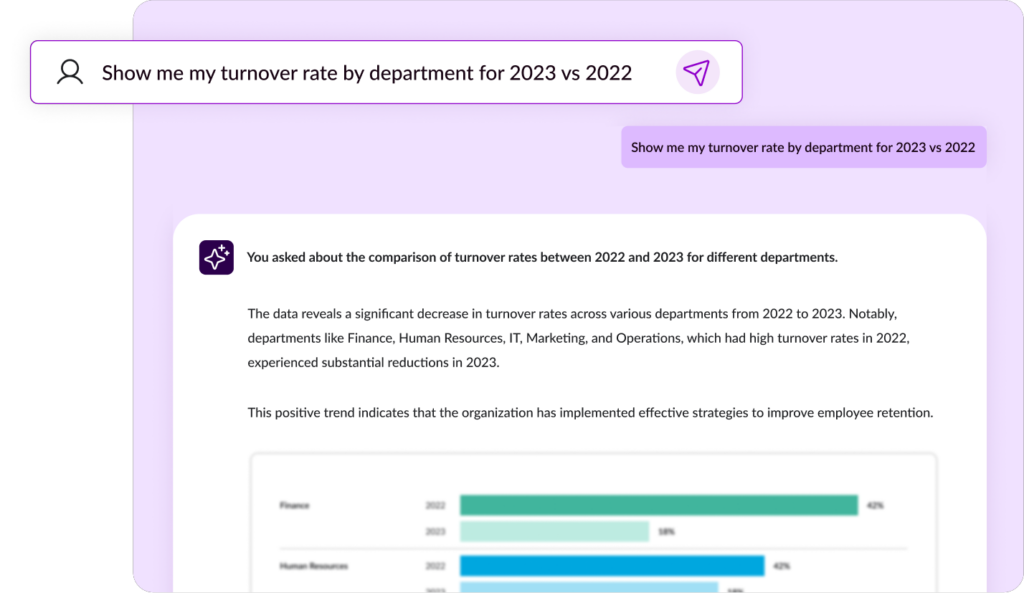Turnover rarely happens without warning. But too often, the early signs are missed or ignored. The most effective HR teams don’t just react to resignations. They prevent them.
By combining data, regular feedback, and thoughtful leadership, organizations can build a workplace where people stay, grow, and thrive. PeopleInsight Essentials by HireRoad makes those early signals clear; schedule a free demo today so your team can take action when it matters most.
